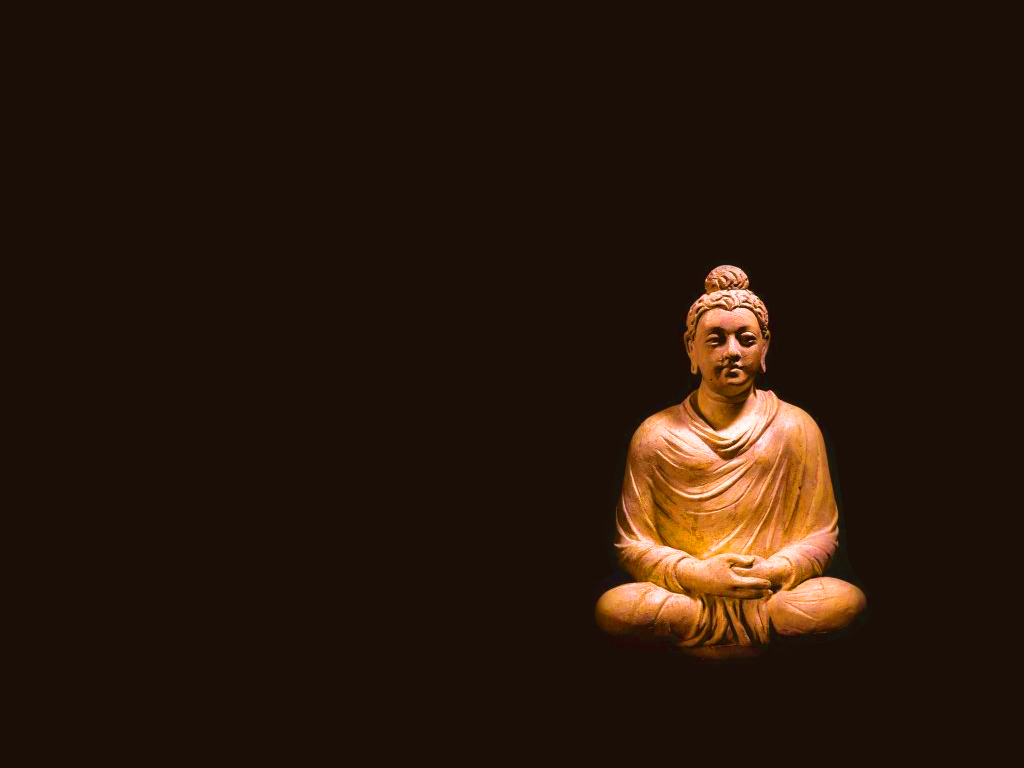Reflection upon an unpleasant email exchange I had recently. My correspondent was of a type I’ve encountered before, often enough to be irritating and to warrant creating a new conceptual category for.
You might know of whom I speak: the aggressively screw-you types who use crude versions of Rand’s philosophy as a bludgeon to demonstrate their superiority and the pathetic awfulness of everyone else.
I have a hypothesis that their personal philosophy stems from a typo.
One interesting exploration is assessing the similarities between Objectivism and Buddhism — and there are some. Can some features of Objectivism be combined with Zen Buddhism?
But the screw-you types misread “Budd-hism” as “Butt-hism” — and take it as an invitation to get in touch with their inner asshole.
(There. Having gotten that off my chest, I feel much better.)

You’re hilarious, professor! 😀
One thing I’d say off the bat is that the obsession with superiority is always psychologically defensive and compensative. A healthy person implicitly thinks, “I’m good”, not, “I’m better than…” But some people are ever on the look-out for a lightening rod for their malice, which I see as anger without insight or balls.
I’m curious as to what you think the important similarities between Buddhism and Objectivism are. I say this not in a tone of dismissiveness, but of genuine interest.
From my impression, the central teaching of Buddhism is that we should aim to cease all desire and thereby cease life, halting the torment of reincarnation—the suffering inherent in eternal life. Thus, it is metaphysically pessimistic and ultimately worships death, making as close to an opposite of Objectivism as possible—since the Objectivist ethics is centered around the pursuit of life.
Thanks, Daniel. You are right that there are differences too. I hope to write up this topic soon.
Though I’ve hardly studied Buddhism in depth my impression of it is similar to Daniel’s (unchanged by discussions with Buddhists). I don’t see that it has been that much more successful than other religious systems in creating enlightened and humane societies.
I actually happen to be writing a paper distantly related (but still related) to the Buddhism-Objectivism connection. The paper is on mindfulness-based therapies in psychology, and my thesis is that (at their best) mindfulness-based therapeutic techniques are not just consistent with the Objectivist principle of the primacy of existence, but are basically operationalizations of that principle, i.e., worked-out applications to specific contexts. The distant connection to Buddhism is that mindfulness-based therapy is at some level inspired by a (highly Westernized, bastardized) form of Buddhism. The orthodox Buddhist dogmas about extirpating desire, annihilating the self, karma, reincarnation, etc. can all be ignored as irrelevant and nonsensical noise. The form of Buddhism we Americans inherit has little to do with that orthodox stuff, and more to do with techniques for clearing one’s mind of obstacles to the full apprehension of a reality that exists independently of us. In that sense, Objectivism has something in common with both Freud and Sartre, despite the problems intrinsic to the thought of both thinkers.
There are obvious differences in the moral codes of Objectivism and Buddhism, but Zen emphasizes direct experience over dogma. The Heart Sutra says, “All dharmas are defined by emptiness.”